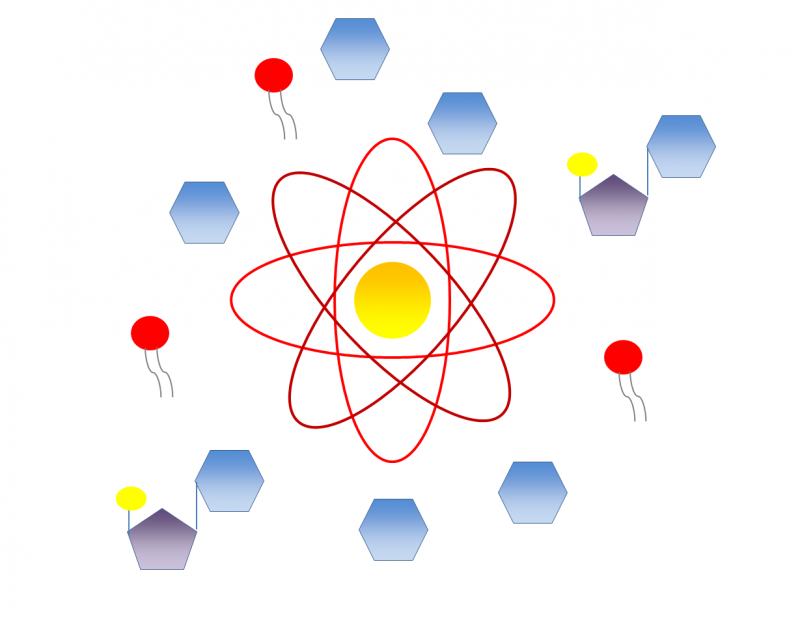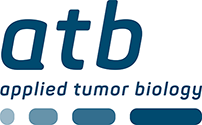Cancer metabolism
Unlike normal cells, cancer cells metabolize glucose in an energetically inefficient way: instead of 36 ATP molecules per glucose molecule produced through oxidative phosphorylation, only 2 ATP molecules are produced during aerobic glycolysis. This phenomenon was discovered in 1927 by Otto Warburg, therefore carrying the name of Warburg effect. Warburg effect results in dramatically increased glucose consumption and high glucose dependence in cancer cells, as well as development of new pathways of energy generation, thereby opening a window for possible therapeutic applications.
We aim to develop therapeutic strategies that specifically target the altered metabolism of cancer cells. Our research is directed to two major manifestations of the metabolic state of cancer cells, focusing on glucose and glutamine metabolism.

Current projects



